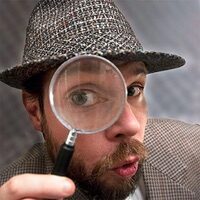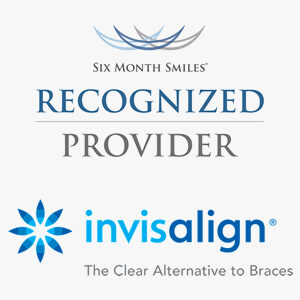
We’ve all heard various “facts” when it comes to our oral health—different ways to clean our teeth and gums, what is good or bad for them, etc.
As your trusted dental professionals, we’re here to set the record straight about some of the most common oral health myths.
Myth #1: “If my teeth don’t hurt, they are healthy.”
In reality, many dental problems don’t hurt in their beginning stages, such as chronic gum disease and cavities. When they have progressed, however, to where treatment is quite extensive and expensive, you may begin to feel discomfort. Preventing a problem is always better than treating one. Visiting your dentist as frequently as recommended is key in maintaining a healthy body and mouth.
Myth #2: “Bleeding gums are normal.”
When you wash your body, does it bleed? No! It’s not normal for your gums either. In fact, bleeding gums are the first sign of infection. Gums will bleed because plaque accumulates where toothbrushes cannot reach to remove it. This is why flossing daily is so important! Flossing will help reach these plaque-ridden areas, which adds up to about 35 percent of your tooth surface. To heal bleeding gums, consistently brush and floss gently twice a day. If bleeding continues, come see us so we can evaluate your gums for possible gum disease.
Myth #3: “Always rinse your mouth out with water after brushing.”
Have you ever heard the phrase, “Spit, don’t rinse”? Keep this tip in mind while brushing. Toothpaste contains fluoride which helps protect our teeth from dental decay, strengthens tooth enamel, and even reduces the amount of cavity-causing acid that bacteria produce. So, when brushing, spit out excess toothpaste, but refrain from rinsing your mouth out with water. This will help your teeth remain protected far longer throughout the day!
Myth #4: “Mouthwash will solve my bad breath.”
There can be many causes for bad breath and mouthwash alone is not the solution. Bad breath can be caused by certain medications, illnesses, foods, and poor dental hygiene. The most effective way to fight bad breath is through regular brushing, daily flossing, and especially tongue scraping. Tongue scraping gets rid of any remaining bacteria on your tongue, which is the real culprit behind bad breath.
[iframe https://www.youtube.com/embed/A0FAVR6_ZEQ?rel=0 620 349]
Myth #5: “Brush your teeth immediately after eating.”
We may think that brushing right after eating is good because it gets any food particles that are left behind in our teeth. But brushing within 30 minutes of finishing a meal can actually weaken tooth enamel, especially if you’ve consumed anything sugary or acidic, such as citrus. After a meal, it is best to thoroughly rinse your mouth out with water or chew sugarless gum to increase saliva production. After about 30 minutes, however, brush away!
Busted!
We’ve loved busting these oral health myths so that you have the best and most accurate information out there. If you have any questions, call or come in to see us!


